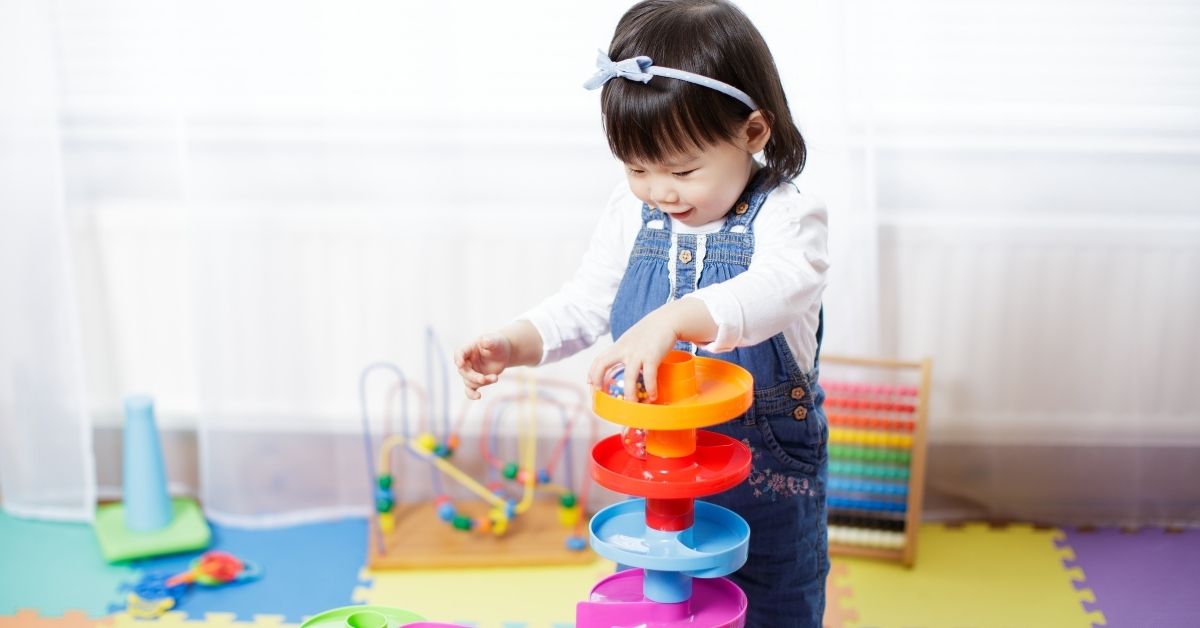All You Need to Know About Toddler Temper Tantrums: When to Worry And When to Keep Calm. There’s an endless list of things that first time parents have to learn in a very short period of time in order to get everything right. Unfortunately, it is impossible to get everything right when it comes to parenting because in most cases, there is an array of possible options but none is clearly right or wrong. As a parent, you’re usually running dangerously low on sleep, and often, there’s almost nothing you can do about it. When you’re already in a zombie-like mode thanks to the lack of rest and forever-rising heap of work, it gets difficult to deal with emotional outbursts even from adults. Read on to find some useful tips and tricks on how to deal with your toddler’s temper tantrums.
In this article:
How to Handle Toddler Tantrums
Here are few Tips for dealing with your toddler tantrums
Find the Pattern
Unlike most adults, children display a clear pattern of behaviour that is observable without any effort. If you have a child up to around 5 years old throwing tantrums all the time, start by looking for a pattern in their behaviour. Note down the kind of situations that trigger tantrums because you’ll need these notes when you try to address the issue later. It also makes sense to note down everything about your child including physical health, food habits, and most importantly the temperament of the child. If any of these factors play any part in what’s happening with your child, you’ll be able to spot it very easily.
Prevention is Better Than Cure
Once you have figured out the pattern of your toddler’s temper tantrums, begin by working to eliminate things and avoid the situations triggering them. Your child may find newer things to get angry over, but you have to draw the line at some point, beyond which you should refuse to budge. It’s important for a child to learn to accept “No” as an answer in their early childhood itself.
Pre-determine Punishments
Sit down with your child and write out a chart detailing what kind of bad behaviour will attract which punishment. Involve your kid to help you do the chart. This will help keep them in check like nothing else can because it clearly shows the punishments as a direct consequence of particular activities. Most importantly, though, you can use this opportunity to explain what types of behaviours you find unacceptable, why, and the degree to which it is unacceptable. Try and come up with punishments that your kid agrees with you on so that there will be no built-up detest against you and your child will understand exactly what they’re being punished for, which will help them to remember not to repeat that mistake.
Talk to Your Kid About Disobedience
Your child may be just around 5 years of age, but most probably, they already understand a lot more than you did at that age. It makes sense for you to try and talk to them the way you’d talk to an adult. Don’t point fingers and play the blame game, just discuss morality – right and wrong, good and bad, etc. However, be prepared to stop the conversation at the first sign of discomfort from your child. If they become hostile towards you at the beginning itself, everything else you do or say subsequently will have no good effect on the way your child behaves.
Take The Bull by The Horns
When your child throws a tantrum, don’t give in and provide them with whatever they are demanding to have. Calmly explain to them that such boisterousness is unacceptable. The next part of this is the toughest of all. If your child continues to be stubborn, ignore them. If they learn that throwing tantrums is all it takes to get what they want, you’ll get into BIG trouble. Ignoring them might sound cruel, but it’s the message it sends to your child that’s important here. If you do this, you’ll be teaching your stubborn child throwing a tantrum that yelling and screaming won’t get them what they want, and that’s how you stop tantrums in an effective manner.
The critical parts of managing toddlers and temper tantrums are keeping your calm and getting your child to understand exactly why their behaviour was wrong. Fear of punishment should not be the primary motivator for your child to learn to behave well, instead, it should be a sense of morality that will stay with your child and guide their every decision. Next Time, use these tricks for dealing with toddler tantrums Good luck and happy parenting!








